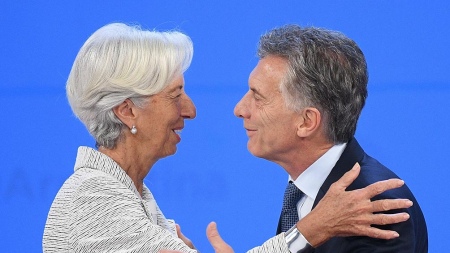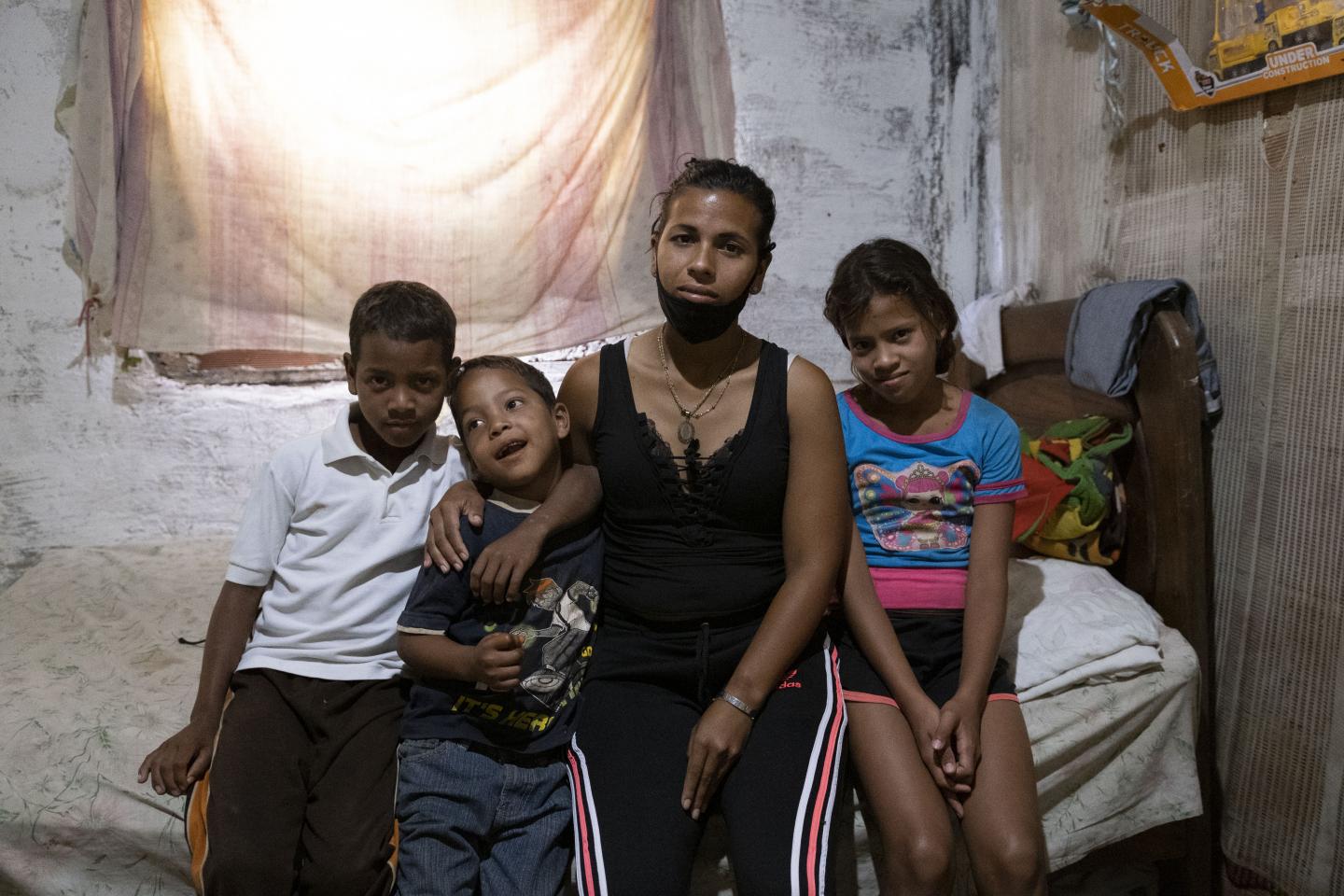The Public Debt Supervision Commission of the General Audit Office of the Nation (AGN) pointed out that the agreement with the IMF of 2018, during the administration of former President Mauricio Macri, incurred in a “breach of standard procedures”, among other issues.
“The stand-by loan from the International Monetary Fund does not meet the established criteria of the negotiation and execution process (current regulations)”pointed out the AGN on the debt that the previous government administration assumed with the multilateral organization, in the combined audit report regarding the 2018 investment account.
The audit, which had a generally favorable opinion, pointed out “qualifications” among which it mentioned the existence of “guarantees with confirmed arrears; guarantees that exceed the authorized amount; inconsistency in unpaid interest on the debt; inconsistency in the exposure of the debt in financial statements; use of alternative debt issuance mechanisms (DNU); non-compliance with the regulated procedures for contracting debt with the IMF; and the issuance of debt without having a quota determined by law at the time of issuance”.
“20% of the direct debt issuance in that year was authorized by Decree of Necessity and Urgency”something that is not allowed, since all issuance of external debt must be approved by Congress, in addition to incurring in a “lack of formal procedures for the placement of debt in international capital markets and the lack of regulations for monitoring endorsements, sureties and guarantees”, said the AGN’s Public Debt Supervision Commission.
He also observed that, In January 2018, and prior to the closure of the voluntary debt markets for Argentina, the then Minister of Finance, Luis Caputo, decided to issue and place Government Securities in New York for a total of US$9,000 million, “a figure unusual emission”.
In this sense, he explained that he did not comply with the current regulations for his request, since “no regulations were detected that accredit the budget modification for $499,758 million pesos (corresponding to 2 disbursements of the debt with the IMF)”.
The purpose of the Audit was to evaluate the state of the public debt included in the Financial Statements of the annual rendering of accounts of the Nation as of December 31, 2018.
A jump of almost 30 points in public debt in one year
The report specified that at the end of that year, the net issuance of debt was US$ 55,940 million and the public debt reached US$ 332,192 million.
In total, public debt came to represent 85.2% of GDP, compared to 56.5% of GDP a year ago, as a result of the strong devaluation of that year, which increased the weight of debt over GDP by almost 30 points in a year.
“After the mega placement of debt abroad and the important issuance of short-term bills in the local market, it generated significant financial stress for Argentina and was the reason why the voluntary debt markets are declared closed for the Republic Argentina added to the small rise in international interest rates. It is in this context that the International Monetary Fund is approached and a stand-by loan for US$56.700 million is agreed”said the AGN in a statement.
The operation was classified as “extraordinary”, due to the volume of what was requested and also because Argentina had never agreed to such a debt with the IMF, much higher than that of the years 2000 and 2001 (mega-swap) with US$ 8,000 million.
Lastly, they reported that the auditors association met in the Eva Perón Room of the AGN headquarters and that its head Jesús Rodríguez, and the general auditors Francisco Javier Fernández, María Graciela de la Rosa, Juan Ignacio Forlón, Gabriel Mihura Estrada participated. , Miguel Ángel Pichetto and Alejandro M. Nieva.








